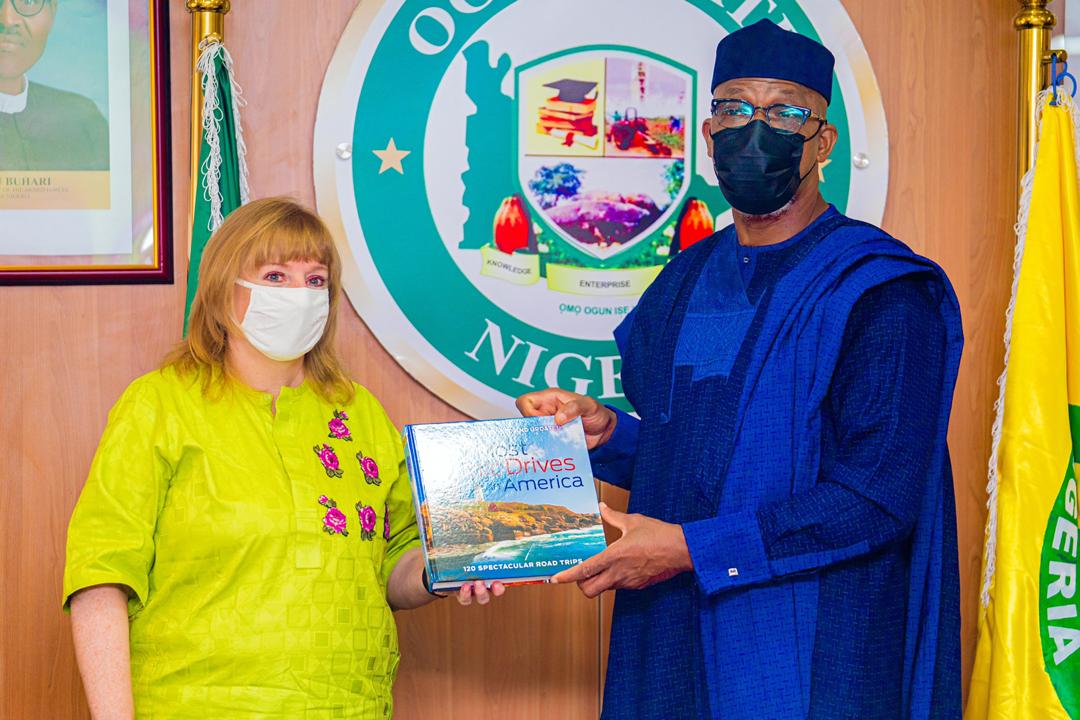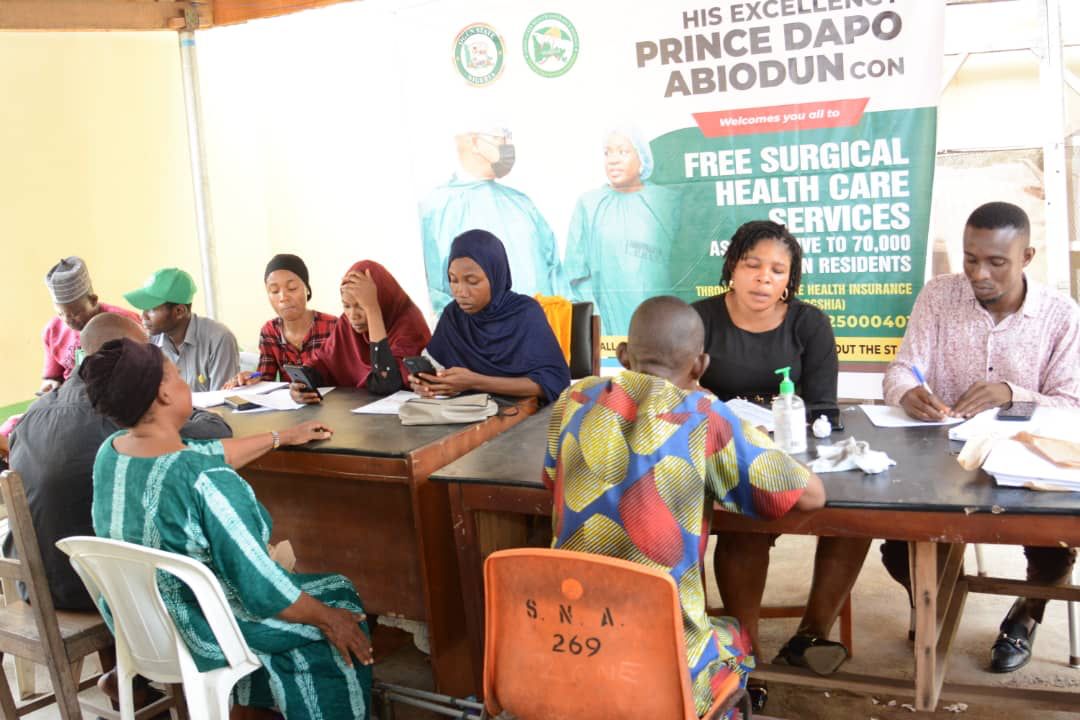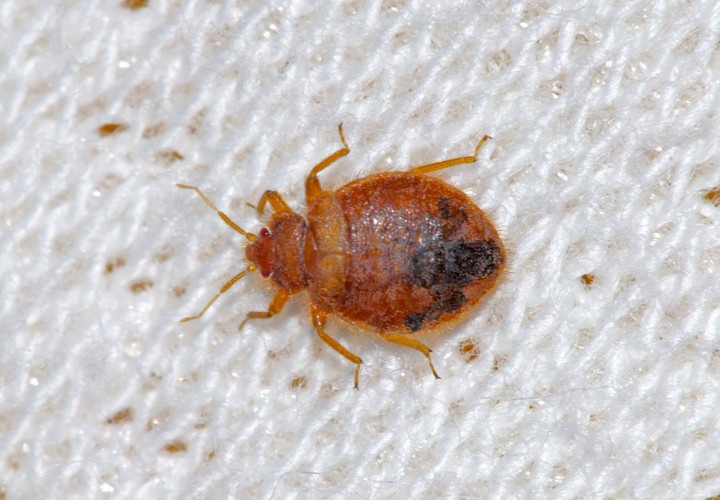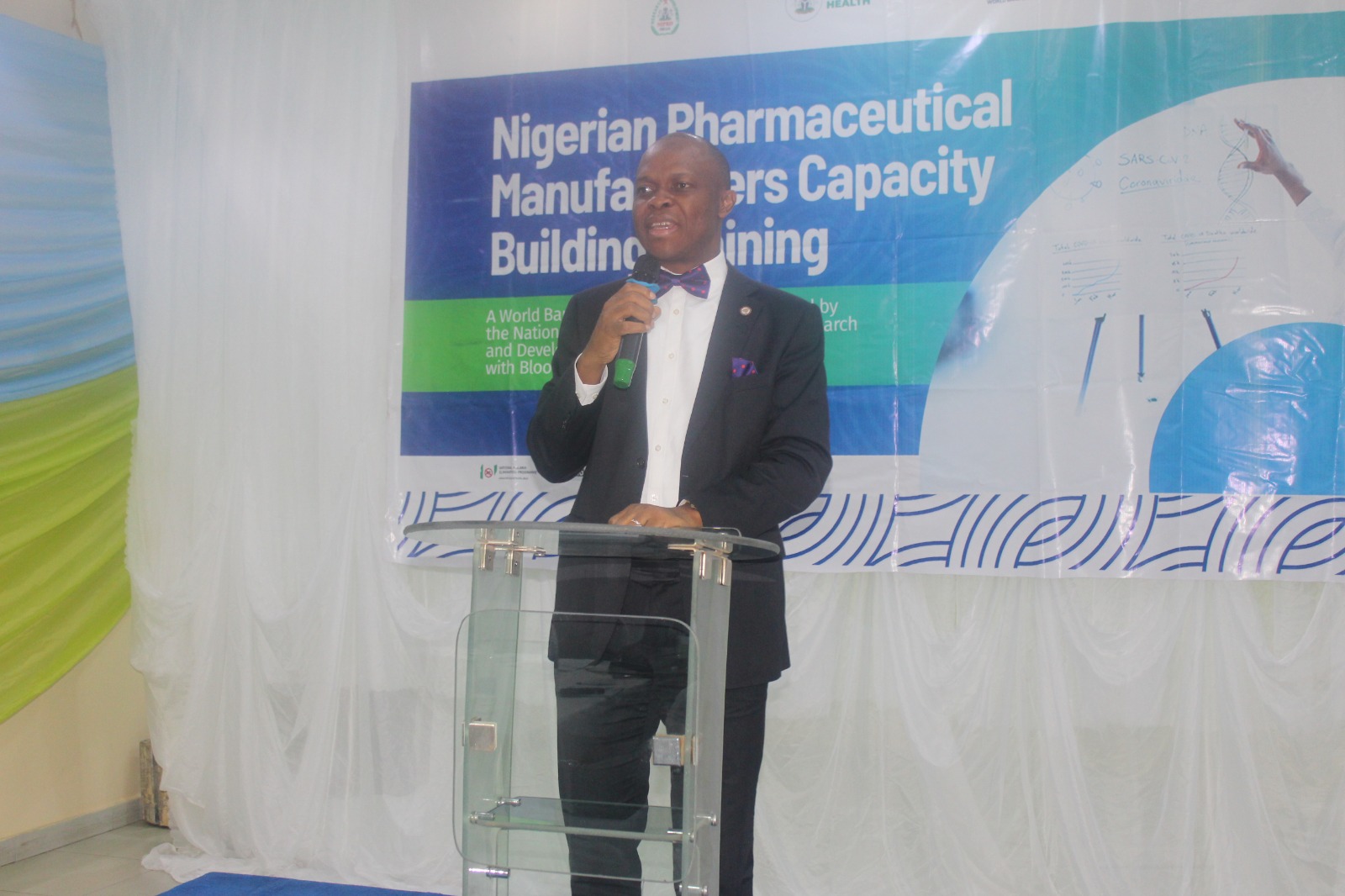The Ogun State Governor, Prince Dapo Abiodun has said that the present administration in the state will intensify efforts towards reducing the spread of Human Immunodeficiency Virus ( HIV) in the Ogun State.

Governor Abiodun affirmed this when he played host to the United State Deputy Chief Missions in his office on the occasion of the HIV Treatment Surge Light in Abeokuta.

The Anti-retroviral therapy (ART) Surge light campaign was conceptualized by US President’s Emergency Plan for AIDS Relief ( PEPFAR) to put about 20,200 people living with HIV (PLHIV) on life-saving anti-retroviral therapy by September 30, 2021 in Ogun State.
He acknowledged that the initiative was to close the existing gaps, promising that the state government will continue to work towards ensuring that more people are saved from the clutches of HIV/AIDS through sensitization, advocacy and other preventive measures.

According to the Governor, studies and researches have shown that a national household-based survey Nigeria HIV/AIDS Indicator and Impact Survey (NAIIS) as at 2018, assessed and put the prevalence of HIV in Ogun State at 1.6%. This shows a significant reduction from 3.6% prevalence rate in 2010.
“Even at that, we are not satisfied and we are working assiduously to bring the prevalence rate down still. We will work not only to identify and place a minimum of 118 new HIV positive clients on treatment every week, but seek alternative actions to lower the rate of infections and encourage diagnoses and treatment, “he said.
The state’s helmsman also said that the present administration ensured the elimination of ART associated user fees in all health institutions, adding that the move will help all HIV positive clients have access to the free anti-retroviral treatment provided by PEPFAR.
Abiodun stated that the government has expanded treatments for preventing mother-to-child transmissions,just as it has increased enlightenment on the use of condoms, and introduced affordable methods for preventing infection in high-risk populations.
Thanking the US Center for Disease Control for its interest in Ogun State, the Governor commended the developing partner, APIN Public Health Initiatives for its various efforts in the areas of care and donations towards public health in the Gateway State.
He called on stakeholders to continue to partner and collaborate to facilitate the removal of existing barriers to HIV care, treatment and prevention services, saying that the gaps in reaching the Joint United Nations Programme on HIV/AIDS (UNAIDS) of 95 per cent targets across board by the year 2030 and the SDG 3 target of global eradication of AIDS must be addressed.
Speaking earlier, the Commissioner for Health, Dr. Tomi Coker, said the launch of the Anti Retroviral Therapy (ART) Surge light will further build on the State’s achievements by ensuring that key and targeted population are reached, ensuring that the Test and Treat policy, which has been proven to save many lives, is also implemented.
The Commissioner added that the ART Surge Light intervention will ultimately go a long way in delivering on the Prince Dapo Abiodun ‘s vision of providing affordable, accessible, qualitative health services and contributing to an increase in life expectancy of Ogun State citizens.
In his remarks, the US Deputy Chief Missions, Kathleen Fitzgibbon, assured that the an HIV free generation is possible, noting that the efforts of the Ogun State Government in achieving the viral load suppression of 87 percent people living with HIV is commended.
The Chief Executive Officer of APIN, Dr. Prosper Okonkwo, stated that the commitment of Ogun State Government to addressing the scourge of HIV/AIDS is worthy of emulation.





 Business6 months ago
Business6 months ago
 celebrity radar - gossips4 months ago
celebrity radar - gossips4 months ago
 celebrity radar - gossips4 months ago
celebrity radar - gossips4 months ago
 Business3 months ago
Business3 months ago














